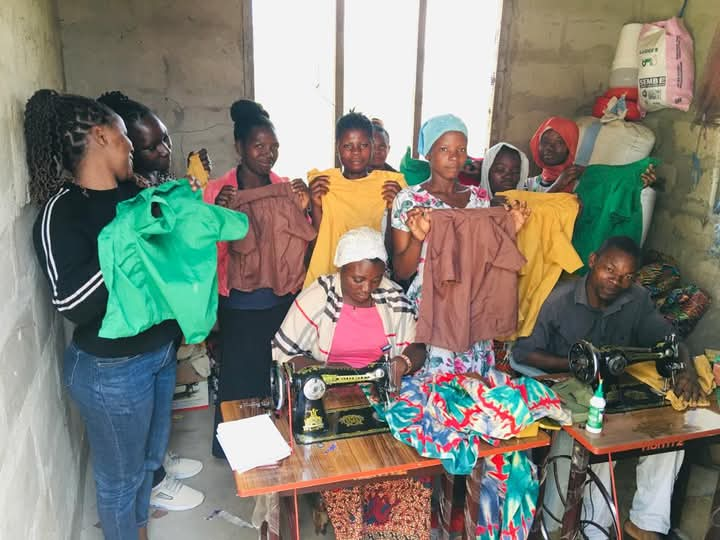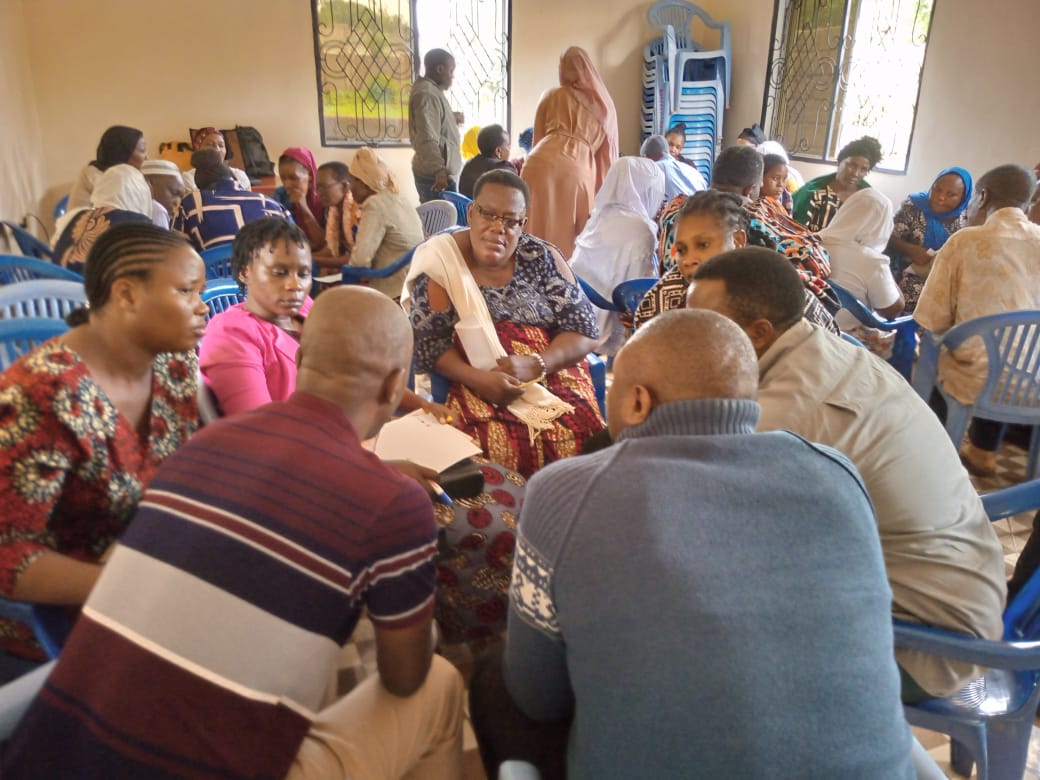LIFE SKILLS




Rationale for Launching Our Youth Entrepreneurship and Life Skills Program
In today’s rapidly changing world, equipping young individuals with essential life skills and entrepreneurial knowledge is crucial for their personal and professional development. Recognizing the gap in traditional education systems, our NGO is proud to launch a dedicated program area focused on fostering entrepreneurship skills among youth, specifically targeting pre-primary, primary, and lower secondary education. By cultivating skills such as critical thinking, creativity, communication, and financial literacy, we empower students to become active contributors to their communities and the economy. Entrepreneurship education nurtures resilience and self-confidence, enabling young people to explore their interests, discover their potential, and pursue viable career paths.
KEY ACTIVITIES
Collaborating with educators to develop a structured training focused on entrepreneurship skills, including topics like business planning, financial literacy, marketing, and customer service, communication, problem-solving, critical thinking and teamwork
Organizing workshops led by local entrepreneurs to share their experiences, teaching students about entrepreneurship in real-life contexts.
Conducting seminars on specific topics, such as “How to Start Your Own Business” or “Basics of Financial Management
Establishment of student clubs where students can brainstorm and develop their own business ideas work on projects, and even present their ideas to local business leaders or their peers.
Encouraging students to engage in activities like setting up food stalls, organizing events, or launching small school enterprises.
Establishment of mentorship programs by pairing students with local entrepreneurs or business professionals who can mentor them, providing guidance on their business ideas and career choices.
Organizing business competitions by hosting pitch competitions where students present their business ideas to a panel of judges. Provide incentives such as scholarships or funding for winning ideas.
Partner with local businesses for internships and hands-on learning experiences to give students insight into the day-to-day operations of running a business.
Organize field trips to local enterprises, giving students a deep look at entrepreneurship.
Engaging students in social entrepreneurship projects that address community issues and allow them to apply their learned skills while benefiting the community.
Engaging parents by organizing parent workshops to educate them about the importance of entrepreneurship education and encourage them to support their children’s involvement in entrepreneurial activities.